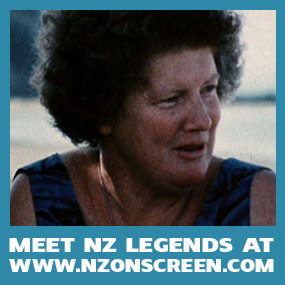Chief Censor David Shanks Tackles the C-Word
When David Shanks presents himself at international conferences, his peers recoil slightly, Charlotte Graham-McLay reports for The Guardian.
“I’d introduce myself as, ‘Hi, I’m David from New Zealand. New Zealand’s chief censor,’” Shanks says. “And basically these people would take an involuntary step backwards, almost, on many occasions.”
Shanks is an independent, government-appointed official whose role is essentially that of a content regulator – responsible for classifying, restricting or banning any material he deems objectionable that New Zealanders can access, including everything from Hollywood blockbusters to terrorist videos, child pornography to t-shirts and pamphlets. It is not an unusual role worldwide, although the scope of his job is broader than most.
But fellow attendees at the annual world meeting of classifiers – those responsible for rating or, at times, restricting access to content in their countries – omit the c-word from their job titles, he says.
“They would introduce themselves and they were the head of the classifications group or general manager,” Shanks says – referring to his counterparts in other countries – when he speaks to the Guardian in his offices in Wellington. “What I’ve kind of realised is I’m the last censor standing in the western world.”
At a time when the word censorship has never been more fraught, Shanks says the world’s classification bodies no longer even include it in the names of their organisations. It is rife with negative associations, from state suppression of information – “synonymous with autocratic authoritarian regimes in North Korea and China”, Shanks says – to a term thrown about liberally on social media to describe anything from being challenged on one’s views to de-platforming speakers from events or venues.
But Shanks defends it. “The interesting thing is, if you don’t have any authority that makes those calls, you abdicate to private sector and also to a group of invisible kind of bureaucrats and groups,” he says. “It’s still happening in various ways, but it’s happening in a disaggregated, disorganised way that nobody can make any sense of.”
In 2019, Radio New Zealand (RNZ) reported that Shanks banned the distribution of the Christchurch mosque shooter’s publication, saying “others have referred to the publication as a ‘manifesto’”, but Shanks considered it a “crude booklet” which promoted murder and terrorism.
Original article by Charlotte Graham-McLay, The Guardian, January 10, 2020.
Photo by Mark Tantrum.














